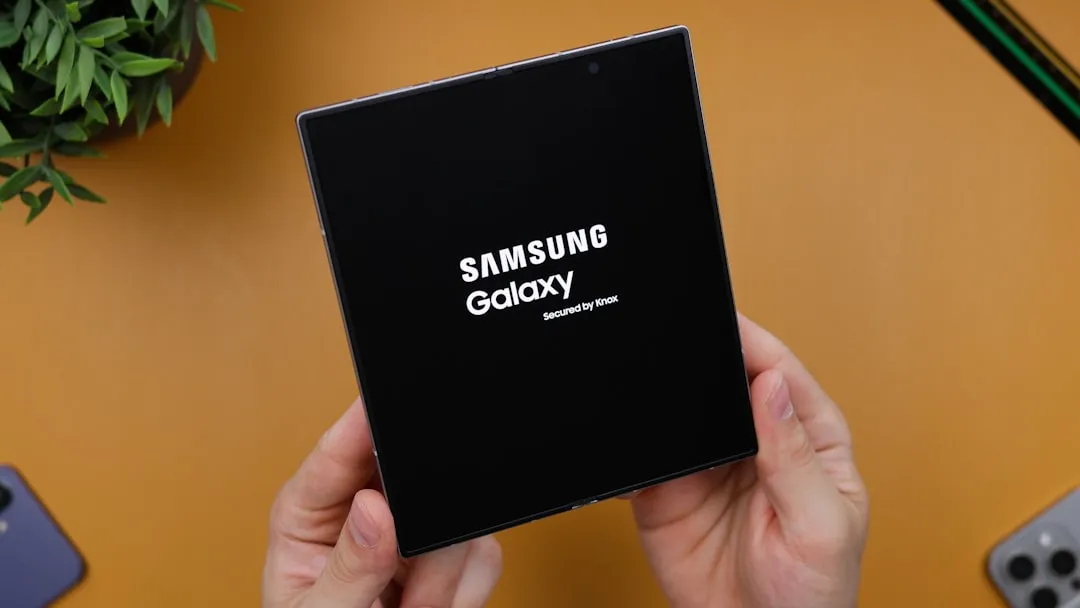Hollywood has already proven that it's on board with augmented reality, with examples ranging from Avengers: Infinity War to Ralph Breaks the Internet. But one startup wants to make the augmented reality content that's being used to promote TV and film entertainment smarter.
The new company is called Artie, and it's the brainchild of Ryan Horrigan, the former chief content officer at VR studio Felix & Paul, and his co-founder Armando Kirwin, a former producer at Milk VR and VRSE.works. Together, they're working to introduce a solution that produces autonomous avatars that can respond to user commands and emotions, as well as their surroundings.
- Don't Miss: Amazon Sumerian & 8th Wall Weave Web AR Experience for 'Spider-Man: Into the Spider-Verse' Movie
"VR and AR are the first media where you can be part of the story," said Horrigan, in an interview with Variety. "But you can't talk to characters. You can't have human interactions with characters. We felt this was a big problem."
Artie's primary tool to accomplish this feat is called the Wonderfriend Engine, and it injects augmented reality content built in Unity and Unreal Engine with machine learning superpowers, such as object recognition, natural language processing, and sentiment analysis.
As a result, user interactions with such AR content can evolve beyond screen taps and hand gestures. The Artie system can recognize more than 80 household objects and, while it is currently limited to deciphering the emotions of just seven facial expressions, the team expects to expand the platform's range to about 30 emotions within the next few months.
- Don't Miss: Pokémon GO Maker Niantic Looks to Smartglasses Future with Investment in AR Display Maker DigiLens
The company expects to launch its platform in the first quarter of 2019, supported by several early access partners who have already begun working with the toolkit. In the meantime, a demo avatar is available for anyone to experiment with. Users can ask it to do things like ask it to do the Chicken Dance or the YMCA dance, and the plump little fellow obliges.
In the coming months, the co-founders envision their autonomous avatars — living on the open web and outside of the confines of the App Store or Google Play — executing calls to action rather than simply promoting films or TV shows. In other words, the avatars may also be called upon to function like super-powered versions of Snapchat's Shoppable AR, but on the web.
"For example, a Wolverine avatar that's marketing a Marvel X-Men movie could actually sell you a movie ticket at the end [of the AR experience]," said Kirwin.
Artie's investors include Jeffrey Katzenberg's WndrCo., the Founders Fund, the Venture Reality Fund, M Ventures, and Metaverse Ventures. In addition, several angel investors have added to the funding pot, including Founders Fund partner Cyan Banister, YouTube co-founder Chad Hurley, and Ubiquity6 co-founder and CEO Anjney Midha.
With its autonomous avatars, Artie joins a swiftly evolving and competitive AR content landscape. Google's Playground (formerly AR Stickers) camera app for Pixel phones promises similarly smart content, with AR figures reacting to other characters as well as humans in the camera view and using AI to suggest content to place within the AR scene's context.
Meanwhile, AR cloud platforms like the Niantic Real World Platform, 6D.ai, and the aforementioned Ubiquity6 also offer interesting peeks at the future of persistent AR content that will behave with more contextual intelligence than a lot of the current static or pre-programmed virtual objects seen in most AR apps.
At this rate, by the time the consumer smartglasses market reaches maturity, the smart content to justify the purchase will already be available.
- Follow Next Reality on Facebook, Twitter, Instagram, YouTube, and Flipboard
- Sign up for Next Reality's daily, weekly, or monthly newsletters
- Follow WonderHowTo on Facebook, Twitter, Pinterest, and Flipboard
Cover image via Tommy Palladino/Next Reality



























Comments
Be the first, drop a comment!